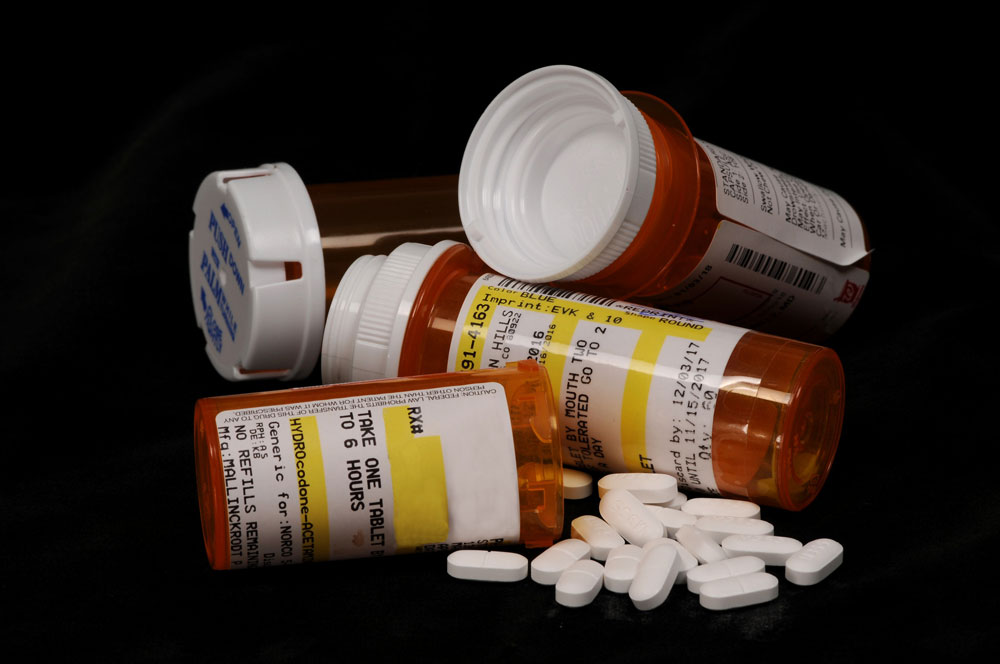
September 13, 2019; USA Today
The largest pharmaceutical companies involved in opioid production are lining up to pay large settlements. But, as USA Today reports, those settlements could end up offering them potential benefit in the form of tax deductions.
Whole communities have been ravaged by the opioid epidemic, and a few large companies have profited off the addiction and misfortune that followed. As attempts are made to hold some accountable for the damage, it’s apparent our systems are structured to benefit the wealthy few.
When NPQ’s Steve Dubb wrote about the first settlement, announced in Oklahoma back in March of 2019, he pointed out, “While the settlement numbers may seem large, they are overshadowed in comparison to the damage done.” He also mentioned concerns that Purdue Pharma might file for bankruptcy. (Purdue Pharma, as it turns out, did file for bankruptcy; Steve Dubb published an update this past week.)
Several states have not agreed to proposed settlements yet, and some fear the Sackler family is attempting to shield money by wiring its wealth around. There are also questions surrounding how much profit the Sacklers will ultimately get to keep.
Sign up for our free newsletters
Subscribe to NPQ's newsletters to have our top stories delivered directly to your inbox.
By signing up, you agree to our privacy policy and terms of use, and to receive messages from NPQ and our partners.
As the settlements are still in the courts, another possible benefit for Purdue has come to light: Our tax system could allow those settlements to count as tax deductions.
The 2017 Tax Act, according to Javier Zarracina, Ramon Padilla, and Shawn J. Sullivan, writing in USA Today, strove to make it harder for corporate entities to deduct settlements with government entities from their taxes. One listed exception comprises settlements meant as “restitution.” In the lawsuit in Oklahoma, both sides agreed that the payment would be classified as “restitution” so groups like TEVA Pharmaceuticals would not have to admit to wrongdoing. That specific wording would allow settlement payments to be deducted.
Tax experts contacted by USA TODAY agreed the settlements appeared to be structured purposefully to reduce the costs for which the pharmaceutical companies would be liable.
This is a blow to families affected by the opioid epidemic, to the nonprofit professionals in the health and community spaces working hard to combat the negative impact from this corporate greed—in general, to anyone in America who’s not a Sackler.
It can be daunting to read these updates, as the impression given is these pharmaceutical companies are getting away with a slap on the wrist. However, as Dubb noted, many states are fighting these settlement agreements, and nonprofits are working to heal and restore these wounded communities. This saga is not yet over, and true restitution will come when individuals and communities have been successfully empowered to break free of this epidemic.—Sarah Miller













